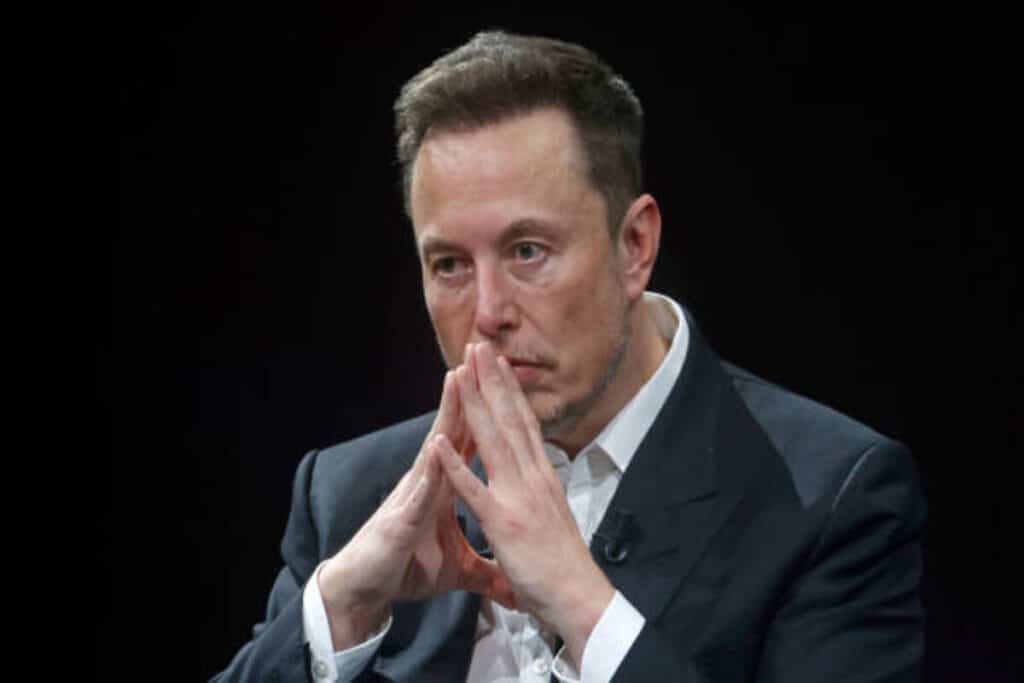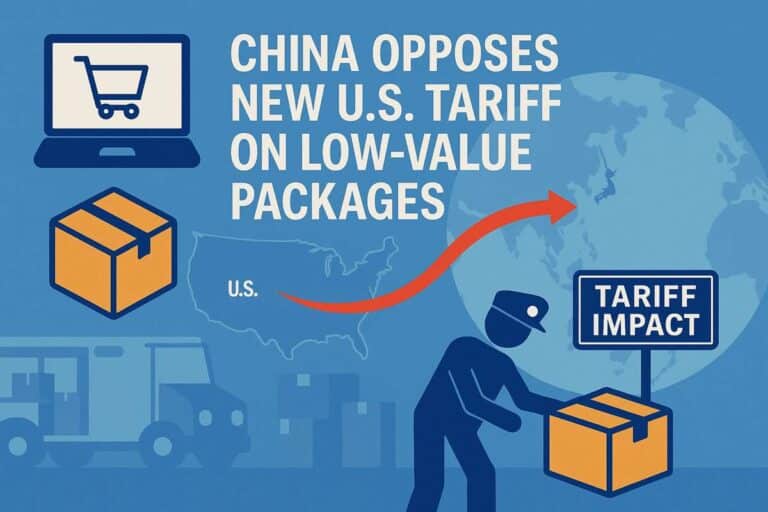

Chief Executive Officer of SpaceX and Tesla and owner of Twitter, Elon Musk. (Photo by Chesnot/Getty Images)
EPICSTORIAN — Elon Musk, once celebrated for his role in advancing electric vehicles and space exploration, now faces mounting scrutiny from U.S. politicians, government regulators, and international leaders.
His growing influence in multiple industries, coupled with an outspoken political stance, has positioned him as a disruptor to established power structures.
Recent statements from political figures and ongoing regulatory battles raise questions about whether the intensified focus on Musk is part of routine oversight or a strategic effort to limit his influence.
From Tech Visionary and the Deep State Darling to Political Adversary
Musk’s early success was largely aligned with government priorities. Tesla benefited from federal subsidies promoting electric vehicles, and SpaceX secured critical NASA contracts that strengthened U.S. dominance in space. His ventures were seen as instrumental in driving technological progress.
Political tensions escalated when Musk took over Twitter, rebranding it as X. Internal company files, later released as the “Twitter Files,” revealed instances where U.S. government agencies pressured social media platforms to moderate content on elections, public health, and national security.
The disclosures fueled claims of political bias and censorship, intensifying opposition from Democratic lawmakers.
Statements from politicians reflected this shift. U.S. Senator Elizabeth Warren, a longtime advocate for corporate oversight, questioned Musk’s control over X, calling for stronger regulations to prevent “billionaire-driven disinformation.”
Senate Majority Leader Chuck Schumer similarly voiced concerns about the “unchecked power” of social media platforms, specifically referencing Musk’s influence.
Regulatory and Legal Battles Intensify
As Musk’s political stance became more vocal, regulatory scrutiny of his companies increased.
Securities and Exchange Commission (SEC): Investigations into Musk’s handling of Tesla stock disclosures and his acquisition of Twitter have intensified. The SEC continues to monitor his public statements for potential market manipulation.
Department of Justice (DOJ): A probe into Tesla’s vehicle safety claims, as well as a broader review of its self-driving technology, remains ongoing.
National Labor Relations Board (NLRB): Accusations of anti-union practices at Tesla have escalated, aligning with the Biden administration’s strong ties to labor unions.
Federal Trade Commission (FTC): Investigations into X’s data handling policies highlight concerns over consumer privacy and corporate accountability.
Critics argue these legal actions are necessary to ensure accountability. Supporters, however, see a coordinated effort to weaken Musk’s influence by leveraging regulatory mechanisms against him.
Political and Economic Conflicts
Musk’s business empire directly challenges industries tied to government control and traditional corporate alliances. Tesla’s dominance in electric vehicles comes at a time when federal incentives are increasingly favoring legacy automakers with unionized workforces, a key constituency for Democratic policymakers.
SpaceX has upended the traditional aerospace industry, reducing reliance on long-established defense contractors with deep political ties. Starlink’s expansion into global satellite internet services threatens entrenched telecommunications monopolies that often work closely with regulatory agencies.
Beyond business, Musk’s vocal opposition to government overreach, corporate-state collusion, and wasteful spending has placed him at odds with Democratic leadership and bureaucratic institutions.
His criticism of Diversity, Inclusion, and Equity (DIE) initiatives, expansive immigration policies, NATO’s role in global conflicts, and U.S. foreign aid programs has further intensified scrutiny from political and corporate elites.
International Condemnation of Musk’s Political Involvement
Musk’s comments on international affairs have drawn criticism from global leaders. UK Prime Minister Keir Starmer, French President Emmanuel Macron, German Chancellor Olaf Scholz, and Norwegian Prime Minister Jonas Gahr Støre have condemned Musk’s involvement in European politics.
His critical remarks about Israel’s actions in Gaza during the Israel-Hamas conflict and his praise for China’s economic policies have further fueled international disapproval.
Criticism from Italian Politicians Over Starlink Negotiations
The Italian government is facing internal opposition regarding a proposed €1.5 billion agreement with Musk’s Starlink to enhance the country’s satellite communications.
Concerns intensified after Musk suggested he might disable Starlink services to Ukraine, potentially destabilizing the region. Elly Schlein, leader of Italy’s Democratic Party, criticized the plan, stating it is “irresponsible to entrust our national security to a private individual like Musk.”
Similarly, Senator Antonio Misiani expressed reservations, emphasizing the risks of relying on Musk for critical infrastructure.
Despite these objections, Prime Minister Giorgia Meloni and her ally, Matteo Salvini, support the deal, citing the lack of viable alternatives until 2030 and Starlink’s capability to enhance national security.
Clashes with the Biden Administration and Democratic Leadership
Musk’s relationship with Democratic politicians has deteriorated sharply in recent years. Once seen as an ally in the push for renewable energy, he now frequently criticizes policies promoted by the Biden administration.
In multiple public statements and posts on X, Musk has accused Democrats of excessive government spending, regulatory overreach, and promoting policies that weaken U.S. economic competitiveness.
One of the most contentious issues has been Musk’s stance on Diversity, Inclusion, and Equity (DIE) programs, which he has called “divisive and counterproductive.”
His resistance to implementing such policies at Tesla and X has made him a target of activist groups and Democratic lawmakers advocating for stronger corporate compliance with government-backed diversity initiatives.
Musk has also challenged the administration’s immigration policies, arguing that unchecked immigration strains public resources and reduces incentives for American workforce participation.
His remarks on the U.S. southern border crisis, including claims that government policies encourage illegal immigration, have drawn sharp criticism from Democratic officials.
Shifts in U.S. Political Figures’ Stance on Musk
Former President Donald Trump, who previously criticized electric vehicles (EVs) and Musk, has recently altered his stance.
Historically, Trump disparaged EVs, citing concerns over range limitations and costs, and mocked the concept of an all-electric military.
He labeled EVs as products of the “Radical Left” and criticized President Joe Biden’s promotion of electric cars. However, Trump’s position softened after Musk endorsed his presidential campaign, leading to Trump’s recent purchase of a Tesla to demonstrate support for Musk.
This shift underscores the evolving dynamics between Musk and political figures who previously opposed his ventures.
Tensions with the Trump Administration
Musk’s relationship with the Trump administration has reportedly deteriorated due to his controversial actions. Incidents such as threatening to withdraw Starlink services from Ukraine have raised concerns about his reliability.
Additionally, Musk’s growing business ties with China conflict with the administration’s policies, further straining relations. These developments have led the administration to distance itself from Musk, viewing his influence as increasingly problematic.
Domestic Criticism Over Government Involvement
Within the United States, Musk has faced criticism over his involvement in federal government operations.
Senator Patty Murray, vice chair of the Senate Appropriations Committee, accused Musk of overstepping boundaries, describing him as an “unelected, unaccountable billionaire with expansive conflicts of interest.”
She expressed concerns about his influence over national financial systems, especially amid looming debt-ceiling issues.
Tensions with NATO and U.S. Foreign Policy Establishment
Musk’s position on NATO and U.S. involvement in global conflicts has also placed him at odds with the foreign policy establishment. His opposition to continued military aid to Ukraine, particularly through Starlink, created a major controversy in 2023.
Reports surfaced that Musk had restricted Starlink access in certain conflict zones, citing concerns that the U.S. was escalating the war rather than pursuing diplomatic solutions. This move led to backlash from policymakers who argued that private individuals should not influence military operations.
His skepticism of NATO’s expansion and criticism of Western interventionism have drawn comparisons to figures who challenge the Washington consensus on foreign policy.
Musk has suggested that European nations should take greater responsibility for their own defense instead of relying on the U.S. military-industrial complex. These comments have fueled accusations that he is undermining transatlantic alliances.
Opposition to U.S. Government Spending and Corporate Welfare
Musk’s criticism of U.S. government spending extends beyond foreign policy. He has repeatedly questioned the allocation of taxpayer funds to projects he deems wasteful, including USAID programs, excessive subsidies to corporate entities, and inflated defense budgets.
In a 2024 interview, he condemned the federal government’s approach to economic management, stating, “We are printing money to fund programs that do not benefit the American people while driving the country deeper into debt.”
His remarks have resonated with fiscal conservatives but angered those who support expansive government programs.
His calls for cutting government subsidies, reducing regulatory barriers, and eliminating bureaucratic inefficiencies threaten the interests of political insiders who benefit from existing power structures.
Fractured Relationship with the Trump Administration
Despite his conservative-leaning positions on governance and free speech, Musk’s relationship with former President Donald Trump has also faced turbulence.
Reports indicate that tensions have arisen over Musk’s refusal to fully align himself with Trump’s political movement.
While Musk has defended Trump on certain issues, he has also distanced himself from the former president’s more controversial positions.
One of the most significant points of contention has been Musk’s business dealings with China. The Trump administration has expressed concerns that Musk’s growing ties with Chinese authorities—particularly in Tesla’s Shanghai operations—pose a national security risk.
Trump-aligned policymakers have warned that Tesla’s reliance on China for production could lead to vulnerabilities in the U.S. auto industry.
Additionally, Musk’s independent streak and refusal to be controlled by any political faction have frustrated both Trump allies and establishment Democrats.
His pragmatic approach to business, willingness to challenge corporate and political elites, and insistence on operating outside traditional power structures have made him a rare figure who is both admired and resented across the political spectrum.
The growing attacks on the business Miguel from political and bureaucratic institutions reflect a larger battle over power, influence, and control in the modern economy.
His businesses have been accused of disrupting entrenched industries, his political stances challenge government narratives, and his platforms provide an alternative to mainstream media and tech censorship.
Also Read: BREAKING: South Korea’s Yoon Released From Detention
Unfortunately, whether through regulatory scrutiny, political opposition, or corporate maneuvering, efforts to weaken Musk’s influence will likely increase in the months and years ahead — as he keeps poking at political leaders and cabals with calls for accountability globally.







